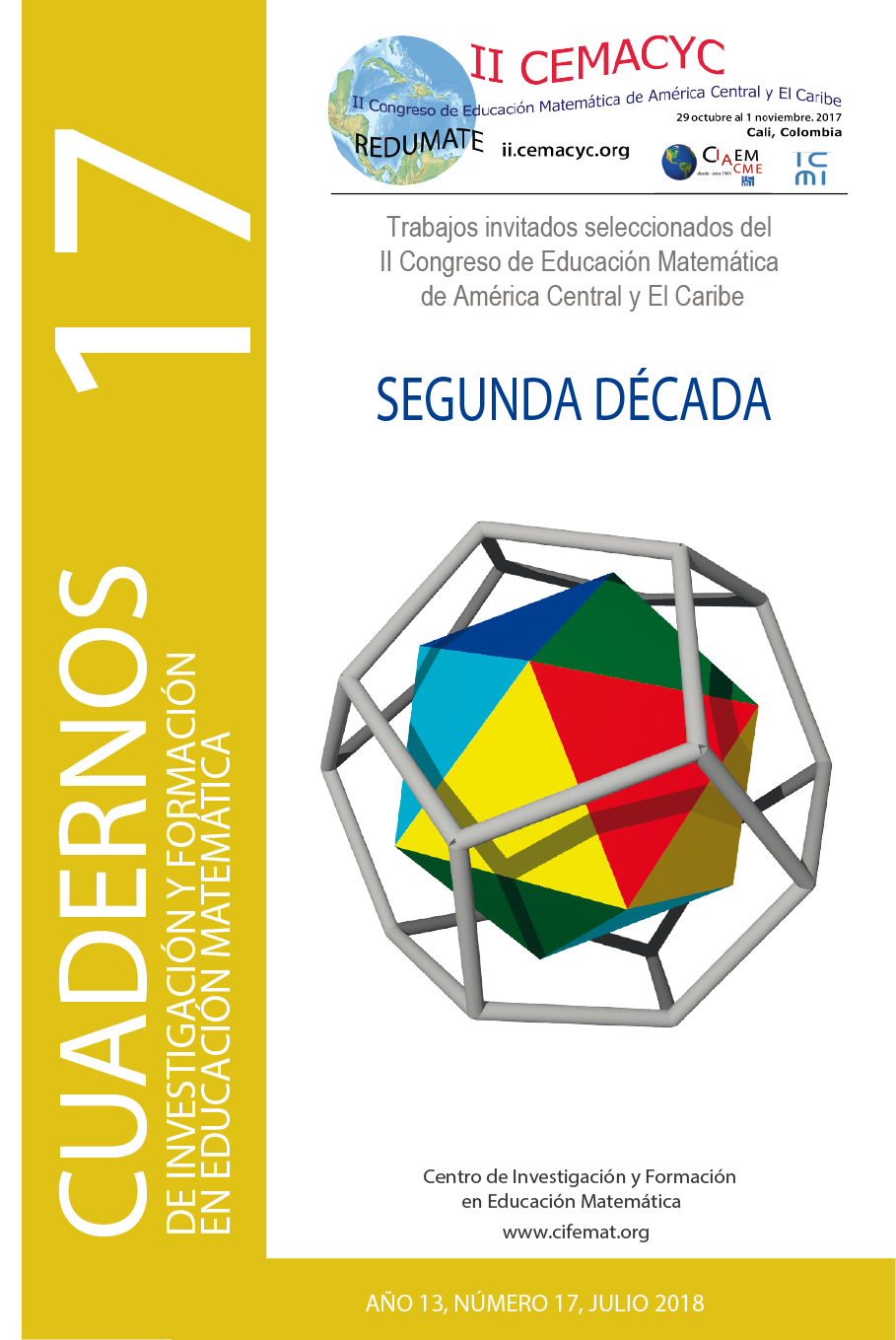Resumen
Around the world, more and more students are exposed to mathematics as a compulsory subject, also at rather advanced levels. Large numbers of students who work hard to come to grips with the subject experience severe difficulties at learning mathematics and get no real success out of their efforts. Many of them do well in other subjects, so their learning difficulties are not of a general nature. Over the last several decades, mathematics education research has made substantial progress in understanding the nature and characteristics of the learning of mathematics, and hence also of significant obstacles to mathematics learning. Less effort has been invested in utilising the insights thus gained to help students with learning difficulties in mathematics overcome or diminish their difficulties. This paper offers an account and an analysis of the nature and origins of learning difficulties in mathematics from a research perspective, and also presents a long-term research and development programme in Denmark focusing on enabling practicing mathematics teachers to become so-called "maths counsellors" who can help reduce or remove upper secondary (high school) students’ learning difficulties in mathematics. This programme also offers a unique way of making research an integrated and efficient instrument for teachers’ everyday practice.


